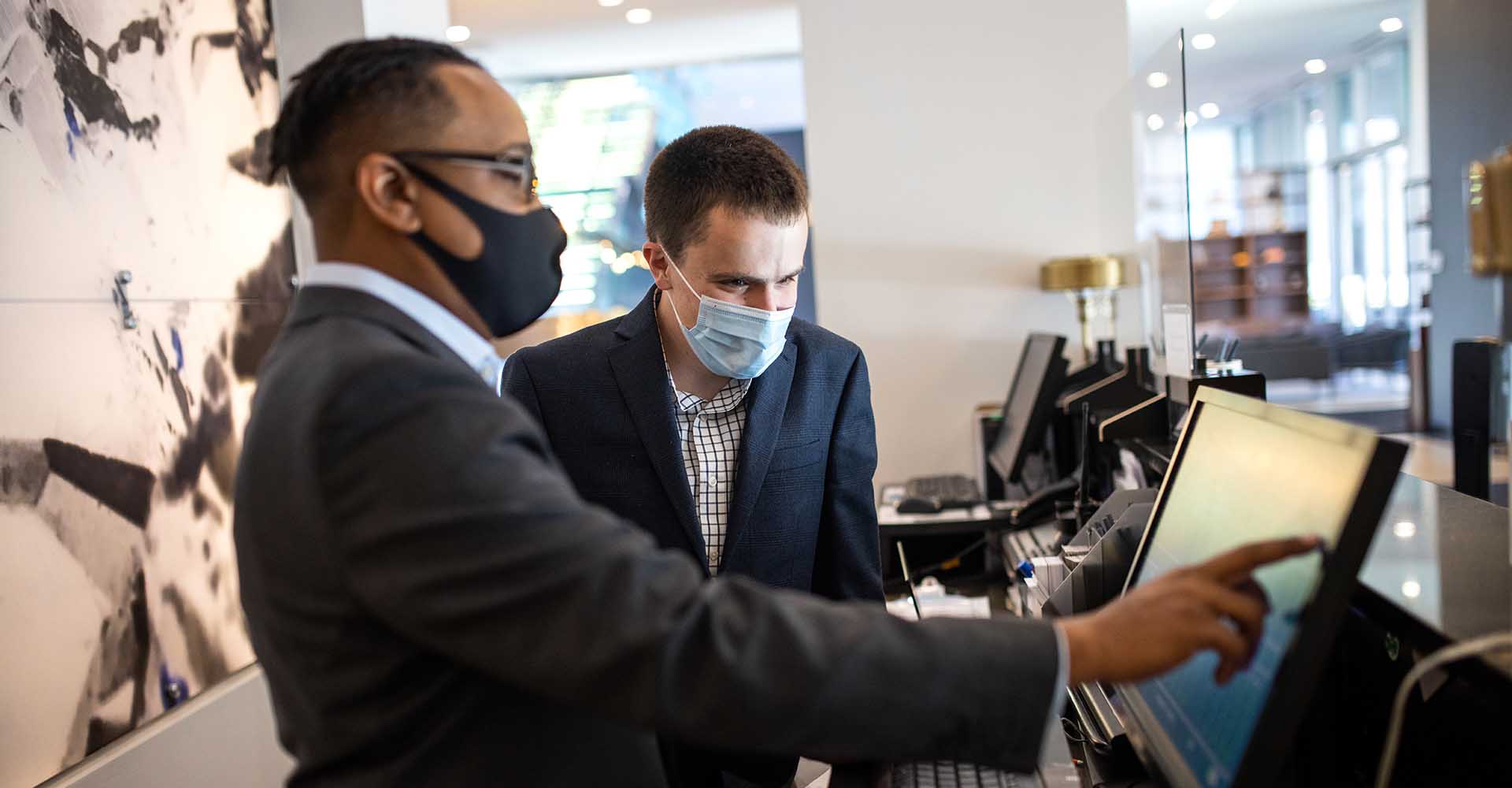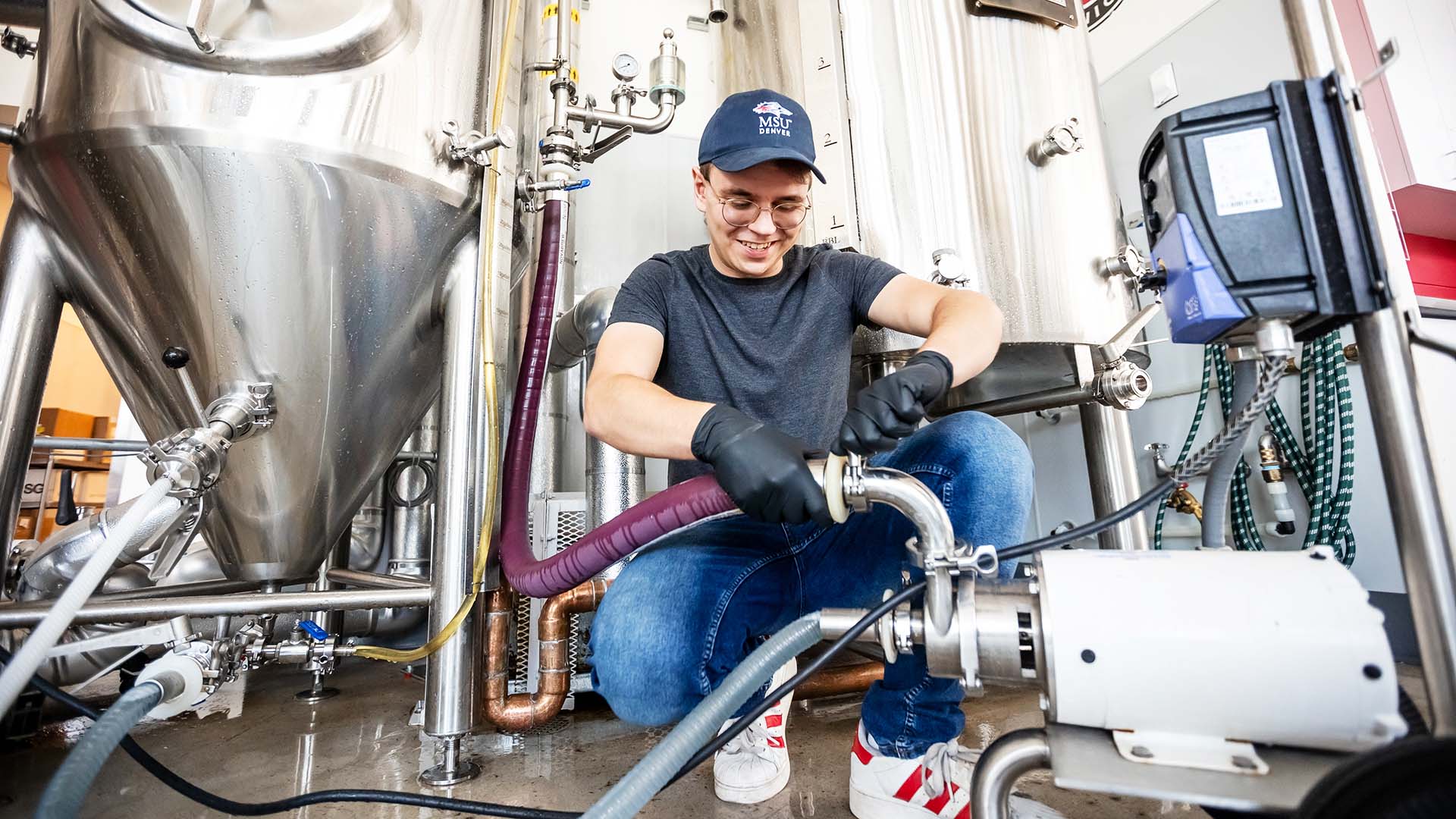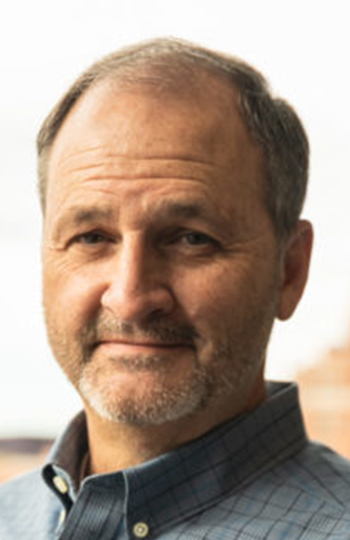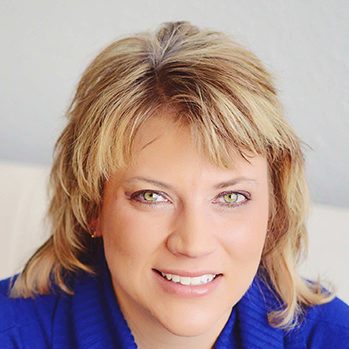Disability advocate changes how Colorado thinks about equality in education and employment
Rick Newell helped push landmark legislation through the statehouse. But he’s not done challenging outmoded ways that the state thinks about people with disabilities.

“You can’t go to college.”
That’s what a teacher told Rick Newell when he was a junior in high school.
Today, he’s proving that teacher wrong at Metropolitan State University of Denver.
Newell, 23, of Highlands Ranch, has intellectual and developmental disabilities and attention deficit disorder and is deaf/hard of hearing. He just wrapped up his fall semester at MSU Denver strongly, earning a 4.0 GPA in his Hotel Management Certificate and a 3.83 in an Event Management Certificate. This follows his transition out of the Inclusive Higher Education Certificate Program to complete his study without modifications or support from an external program.
But Newell isn’t content to achieve his own education and career goals. Along the way, he’s challenging old and outmoded ways of thinking about work and accomodation. He provided key testimony for 2016 Colorado legislation known as Employment First, which combats discriminatory employment practices against people with disabilities.

Newell is among a new class of advocates changing the ways Colorado thinks about disability-employment integration, said Bob Lawhead, policy advisor with the Colorado Developmental Disabilities Council.
“Throughout the country, there’s a history of people with disabilities being segregated at work,” he said. “It’s outdated. There’s no reason that, with accommodation, people can’t take advantage of the rightful opportunities available in their communities.”
The structural challenges faced by non-neurotypical people include sheltered workshop environments and subminimum wages, throttling an employment pipeline that finds that only four of every 10 working-age adults with disabilities are employed. These practices have their roots in ways to help returning disabled veterans of World War I, continuing on with support by families looking to improve the lives of their children, Lawhead said.
“Programs like these may have made sense in the ’50s, but through the years we’ve realized people can and should work in regular employment settings,” he added.
Reform efforts began in the 1980s and ’90s, bolstered by the Americans With Disabilities Act of 1990 and the Supreme Court’s 1999 Olmstead Ruling, which set forth the precedent that separating people using public monies is considered discriminatory segregation and is illegal. This was upheld in suits involving Rhode Island in 2013 and Oregon in 2014, with the federal government giving the states 10 years to achieve compliance.
Locally, the State of Colorado has a long history of supporting the employment of people with disabilities, Lawhead said.
The passage of the Employment First legislation in 2016 established an advisory partnership with disability advocates and the state’s Departments of Education, Labor & Employment, Health and Human Services, Higher Education, and Health Care Policy and Financing. This group developed a strategic plan and followed up with SB18-145 to implement recommendations. This was further institutionalized with inclusion in 2019’s “long bill” and appropriations to establish the Office of Employment First.
The bill’s contemporary employment-reform effort is slated to come up for reauthorization in the legislature’s 2021 session, though the legislation almost didn’t happen in the first place. The bill was languishing in committee and about to be killed when Newell was called in to testify on its behalf.

“In an environment where 86% of people with disabilities are unemployed or underemployed, I wanted to show that it was possible for someone like me to not only survive but thrive, both in college and beyond,” Newell said.
His story of “wanting to be a taxpayer, not a tax-taker” compelled the bipartisan committee, something Lawhead directly credits for the bill’s ultimate passage.
Newell also drew a distinction between accommodations and modifications, the former providing the kind of scaffolding he’s found working with MSU Denver’s Access Center. He attributed the Access Center’s former Director Greg Root for helping him develop self-advocacy in reaching out. He also lauded School of Hospitality faculty members who have facilitated his numerous applied-learning opportunities such as housekeeping, front-desk and night-audit processes at the on-campus SpringHill Suites by Marriott.
“It’s so important to assume competence when you’re talking with someone,” he said. “When I walk through the doors of MSU Denver, I feel that sense of inclusion.
“I’m proud to be a Roadrunner.”







